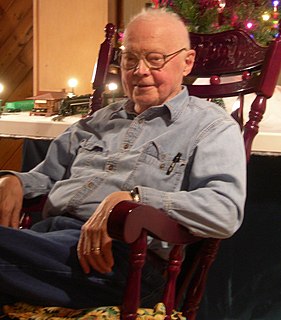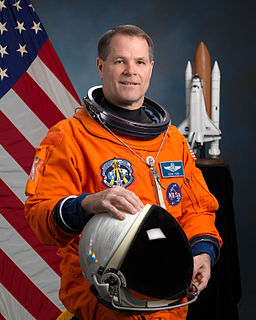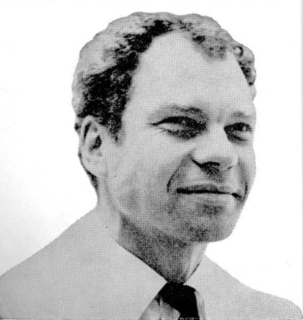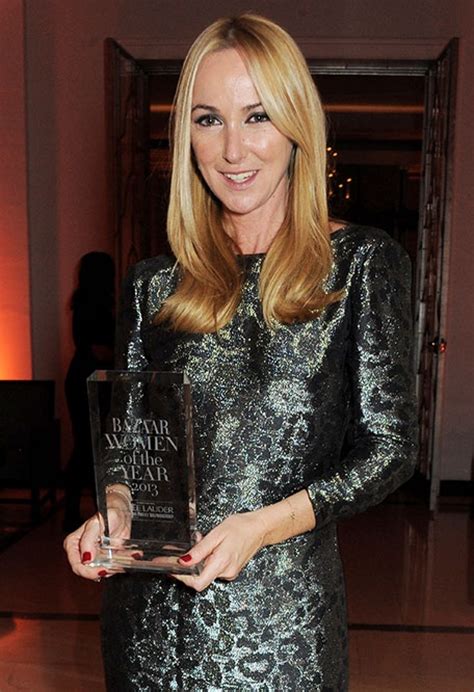A Quote by Fred Saberhagen
And what we know, or think we know, about the universe of space and time is changing very quickly.
Related Quotes
I hope Let Me In doesn't encourage it! I mean, vampires might be real! Honestly, I don't know. It's like saying aliens are real. I don't know. We are so tiny in the spectrum of the universe, we're a speck of dust compared to some galaxies, and so who knows what's out there? We barely even know our own - we know more about space than we know about our own sea.
I have to tell you, a few people had very controversial feelings about what I was doing with Gucci at the beginning, and now, after a couple of years, they are changing their minds. I want to give journalists the time and space to know me and what I'm doing better. But it's not a priority for me. At the end of the day, I am not an artist; I am not doing a performance; I'm doing things that need to be sold. And I know my job.
When you're starting out as an actor people are very interested in who you are because they want to know where they can put you. And quite often, and we're all guilty of this is our lives, we judge very quickly and we pigeon-hole people very quickly based on how they look and how they talk and how they dress and we think: "Oh yeah, we know who you are."
We're in this space right now where things are very precarious for women and things in the States are so terrifying. There are so many rollbacks of rights women have gained - and it can happen quickly, more quickly than we think. I think it would be good for us to think back and ahead to protect the space we're in.
I understand why people are discouraged about Iraq. I can understand that. We live in a, you know, world in which people hope things happen quickly. And this is a situation where things don't happen quickly because there's, you know, a very tough group of people using tactics - mainly the killing of innocent people - to achieve their objective, and they're skillful about how they do this. And they also know the impact of what it means on the consciousness of those of us who live in the free world. They know that.
I don't think I had any idea at the time how to work with someone as masterful as he is. And I don't think at the time I really understood what was happening. I think I was in a space where I was like: there are all these things. I was shooting all these takes with David, and I was just confused, as a person, and as an actor feeling a little too big for my britches and that this thing was happening and then also not having enough skill yet, and technique to know exactly where I was, and know about the character.
I tend to believe that film can try to save what still can be saved, in terms of our histories, our memories. Because a lot of things are disappearing very quickly, things are changing. We are living in very quick times, and we have a new generation who basically know nothing about events 30 years ago.
Death makes me realize how deeply I have internalized the agnosticism I preach in all my books. I consider dogmatic belief and dogmatic denial very childish forms of conceit in a world of infinitely whirling complexity. None of us can see enough from one corner of space-time to know "all" about the rest of space-time.



































